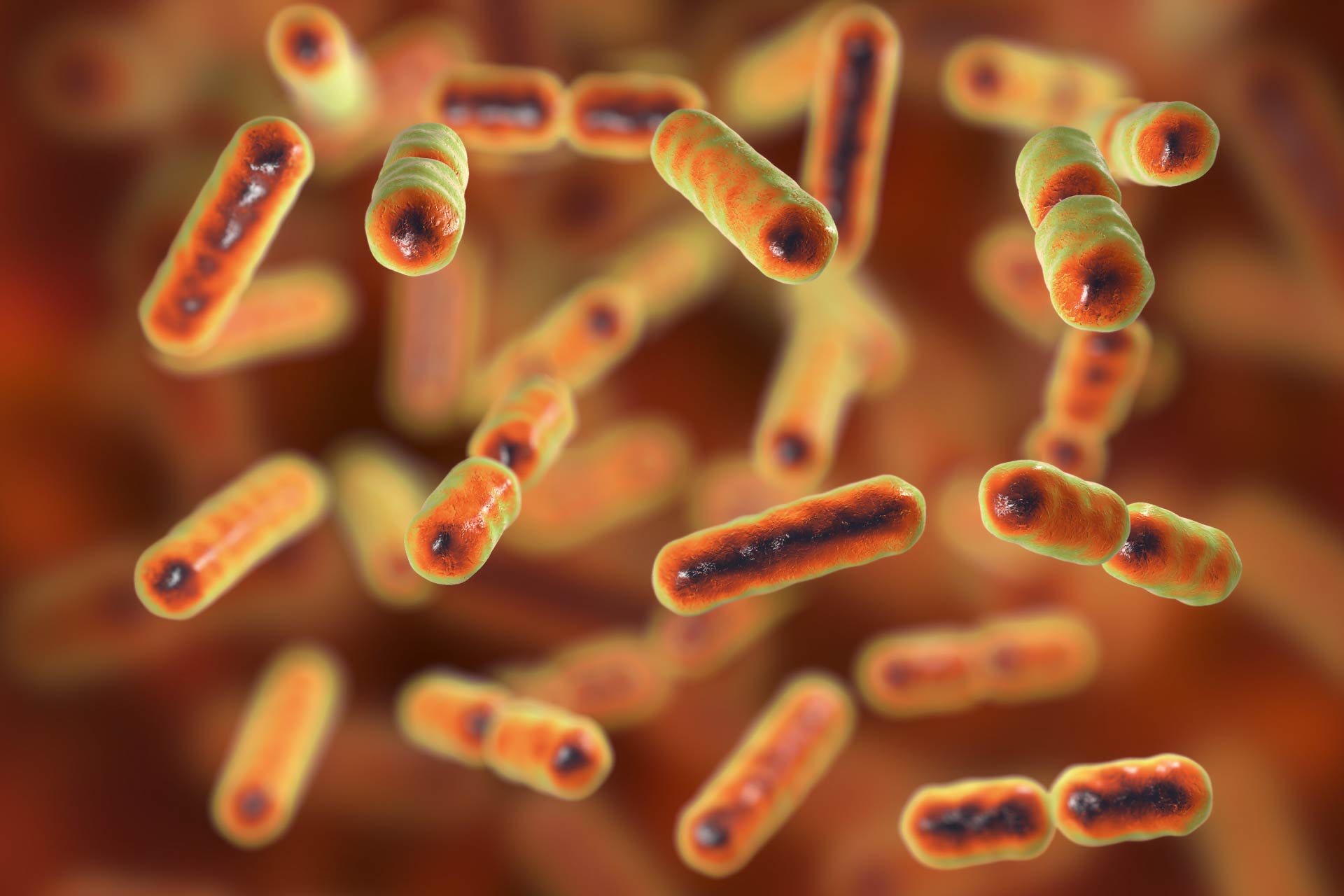• Distinct microbiota
• Microbial fingerprint
What is already known on this topic
Major depressive disorder (MDD) is a mood disorder that is characterized by persistent feelings of sadness or lack of interest in ordinary life stimuli. Previous studies have found that people with MDD have gut microbiota disturbances, but little is understood about the microbes that differ in people with this common mental condition.What this research adds
By analyzing the gut microbiota of 311 people, including individuals with MDD, researchers have identified 3 bacterial viruses, 47 bacterial species, and 50 fecal metabolites whose abundance differed significantly in people with MDD compared with healthy controls. In a different group of people, the team was able to identify individuals with MDD based on the analysis of a few microbes and compounds in their stool, which represent a microbial ‘signature’ of depression.Conclusion
The findings suggest that MDD is characterized by disturbances in the gut microbiota and may allow clinicians to better diagnose this mental disorder.
Gut microbes have been linked to a plethora of disorders, including some that involve the brain. Now, researchers have found that individuals with major depressive disorder have a microbial ‘signature’ that is different from that of people without the condition.
The findings, published in Science Advances, suggest that this mood disorder is characterized by disturbances in the gut microbiota and may allow clinicians to better diagnose it.
Major depressive disorder (MDD) is a mood disorder that is characterized by persistent feelings of sadness or lack of interest in ordinary life stimuli. Previous studies have found that people with MDD have gut microbiota disturbances, but little is understood about the microbes that differ in people with this common mental condition.
To draw a more precise picture of the organisms present in the gut of individuals with MDD, a team of researchers led by Jian Yang at Capital Medical University and Peng Zheng at Chongqing Medical University analyzed 311 fecal samples collected from 156 people with MDD and 155 healthy individuals.
Distinct microbiota
The researchers identified 47 bacterial species whose abundance differed significantly in people with MDD compared with healthy individuals. In particular, those with MDD had higher levels of 18 bacterial species, including microbes belonging to the genus Bacteroides, and lower levels of 29 species, including Eubacterium and Blautia.
An increased abundance of Bacteroides and reduced levels of Blautia in the gut microbiota could explain why people with MDD tend to have heightened levels of cytokines and associated inflammation compared to the general population.
Although the researchers did not find significant differences between the gut viral composition of people with MDD and healthy controls, they did identify three bacteriophages, which are viruses that only infect bacteria, that were less abundant in individuals with MDD.
Microbial fingerprint
Next, the team analyzed the molecules produced by the gut microbiota of the two groups of participants. They found 16 metabolites that were more abundant and 34 that were less abundant in people with MDD compared to healthy controls. Most of these molecules are involved in the metabolism of molecules including gamma-aminobutyric acid (GABA), which is the main inhibitory neurotransmitter in the human brain.
Next, the team developed a biomarker that consists of two species of bacteria, two types of bacteriophages, and two metabolites. Using this microbial ‘signature’, the researchers were able to distinguish people with MDD from healthy controls in a group of 75 individuals.
A similar biomarker could be used to test for the presence of certain elements in the gut microbiota as part of efforts to diagnose the disorder, the researchers say.









